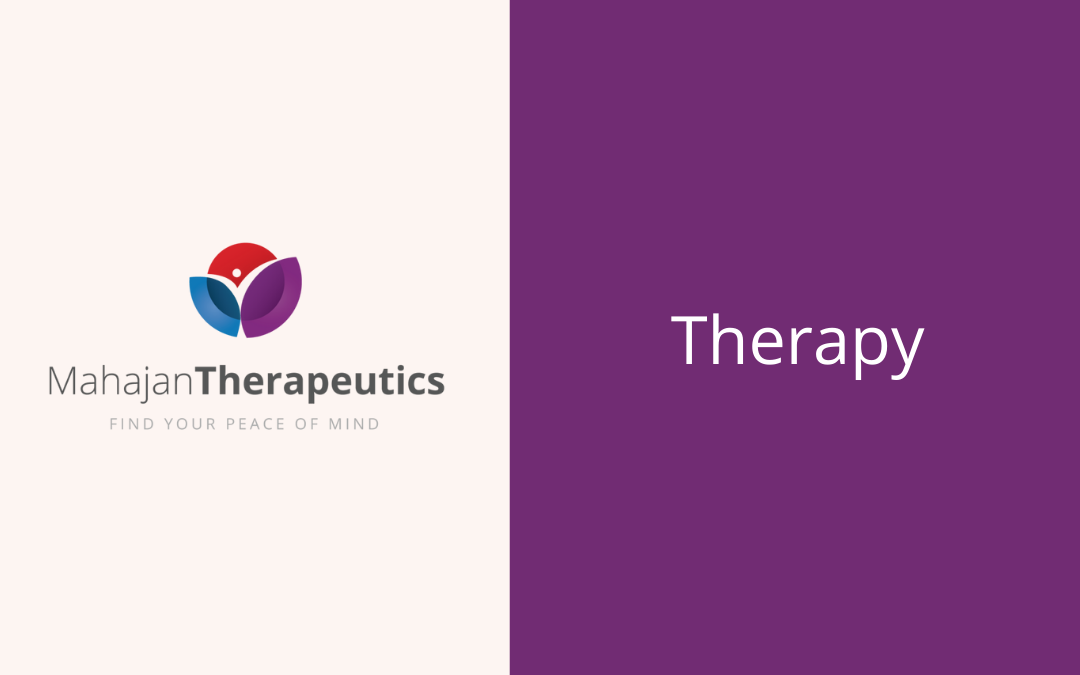Summer is a great time to pack your suitcase and hit the road. While travel can be a fun way to unwind, it’s also a source of anxiety for many people. And for many that haven’t done much of it over the past few years, travel anxiety is more common than ever before.
Common travel anxiety triggers include:
- Fear of the unknown
- Fear of flying
- Fear of crowds
- Frustration with delays
- Loss of routine
- Increased opportunities to become hungry or tired
Travel anxiety can cause mood swings, nervousness and an array of physical symptoms that range from mild to debilitating. Fortunately, there are plenty of ways to significantly reduce stress and manage anxiety. This post shares tips and ideas for reducing travel anxiety.
First: Examine Your Triggers
Do any of the above triggers resonate with you? When you know the sources of your anxiety, you can begin to find solutions that will let you regain a sense of enjoyment around traveling.
If you aren’t sure what triggers your travel anxiety, it may be very helpful to journal or talk about the issues that make traveling uncomfortable for you.
Plan to Succeed
Basic planning before a trip is a wonderful way to address triggers and shift your focus from concerns to positive feelings. Some people love to plan and create detailed itineraries. If that’s not you, that’s okay: you don’t have to plan every part of a trip. Just cover a few details about the parts that trigger your anxiety.
For instance, if you don’t function well when hungry, plan snacks to pack and map restaurants or markets where you might want to stop while traveling. If delays are a trigger, plan extra time into the schedule so you can breathe easy if a flight is canceled or a car tire needs changing.
Planning can help you shift focus from what worries you to what you’re looking forward to. Google “best things to do in [location]” or do a few quick searches to find out fun facts about the places you’ll be visiting. If crowds aren’t your thing, search for “best-kept secrets,” and plan to visit those locations during off-hours when visitation is lower.
Planning also means you can fully arrange for your responsibilities to be covered while you’re away, from work to family and pets. The comfort in knowing your loved ones are safe and happy can be integral to enjoying travel.
Take Breaks
It’s common to think every moment of a trip has to be filled so time isn’t wasted. But it doesn’t matter how wonderful or beautiful a place is if you’re drained. Sometimes you need a break, whether that’s a nap or simply time to yourself.
If AA or NA meetings are usually an important part of your routine, make time for a meeting on the road. Find meetings all over the world on AA.org<link to: https://www.aa.org/find-aa> or NA.org<https://www.na.org/meetingsearch/>.
Listen to your body, be honest with yourself and your companions, and don’t be afraid to sit out some activities so you can enjoy the rest of the trip to the fullest.
Make Lists
Make packing lists, shopping lists, lists of places you want to visit…Lists free you from having to remember multiple details on demand. Writing down your thoughts is a great stress reducer.
Practice Relaxing Habits
If you have anxiety, you may already have methods to help you relax. Don’t forget them when you’re on the road! Load up your phone with your favorite music and podcasts. Pack your favorite tea. Set phone alarms for reminders to do deep breathing or short meditations throughout the day.
Final Note
Travel anxiety affects people differently. If you’re having trouble working through anxiety or identifying triggers, Mahajan Therapeutics has treatment options. Contact us today to discuss your goals and map your journey to success.





Recent Comments